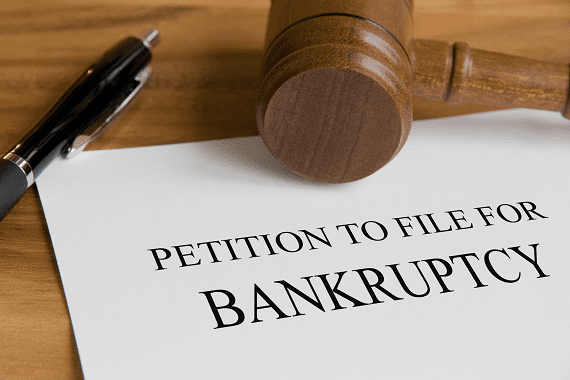 Bankruptcy: To File or not to File
Bankruptcy: To File or not to File
The decision to file for bankruptcy is a difficult one and it is advised to talk to someone about all of your options before you decide to file. There are many reasons people decide to file for bankruptcy such as a costly divorce settlement, medical bills that have piled up to failed small business. It is best to ask yourself several questions before making a firm decision. For instance, do I or we have large-scale debt? Do our monthly minimums take up all of our living expenses and more? If we do decide to file for bankruptcy, will we promise ourselves to change our spending actions? Do we want to buy a home in the near future?
If your debt in indeed out of control then it is important to be honest with yourself because the decision to file could, in fact, be a move towards integrity and a positive life change for you and your family. Filing bankruptcy is not for everyone and you do have options, so make sure you know all of your options in order to make an informed decision.
Contact Rumanek & Company Ltd. for more information on bankruptcy and debt solutions. Or please fill out the free bankruptcy evaluation form. To learn more please visit our YouTube Channel. Rumanek & Company have been helping individuals and families overcome debt for more than 25 years.


 Bankruptcy: To File or not to File
Bankruptcy: To File or not to File
